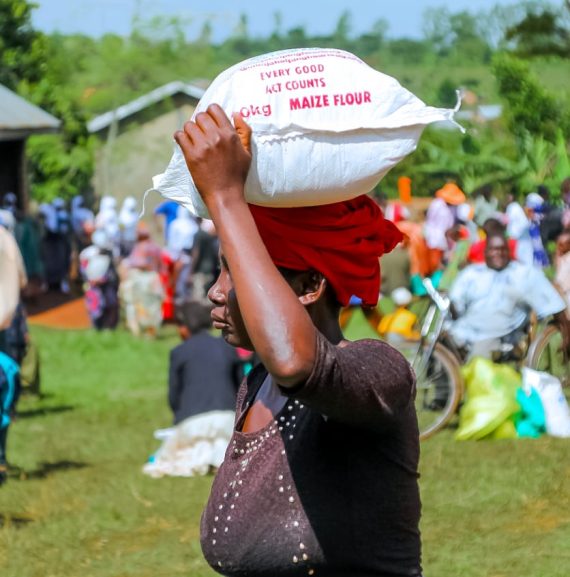Service Details

Youth & Women Empowerment
To this day over 3,875.000 are unemployed young people 5% of whom are postgraduates, 31% graduates and the rest are either high/lower secondary school primary leavers or academic dropouts. The challenge paused by youth employment is only comparable to a time Bomb that can easily explode unless rapid advances are […]To this day over 3,875.000 are unemployed young people 5% of whom are postgraduates, 31% graduates and the rest are either high/lower secondary school primary leavers or academic dropouts. The challenge paused by youth employment is only comparable to a time Bomb that can easily explode unless rapid advances are made and political commitment is exercised to mitigate its impact.
Iraji foundation’s proposal systematically addresses all these raised concerns. it is driven by the desire to set up a “qualitative responsive education system of equipping Ugandans with efficient human resources
skills that address Uganda’s necessary core values to achieve the country’s vision 40 and ambitions of the African Union. The programme is designed to run under a pilot framework which will be rolled over countrywide as its successes unfold. The gradual rolling of the programme in Uganda is, without doubt, timely but its success depends on the collective support of many stakeholders, particularly the donor group.
PROGRAMME JUSTIFICATION
The skilling programme is giving Ugandans a supporting hand as they struggle with life, on a sustainable basis, because it equips trainees with constructive skills that adequately respond to employer needs. The timely intervention provides direction to Ugandans especially the youth who contribute 50% to the Economy and 60% of whom are in their productive years, to mitigate the negative impact on Uganda’s Economic output and development. This programme supports young people who are often left without developmental plans and sometimes with an uncertain future. This is because a lack of vocational training services has the devastating potential of creating severe negative economic impacts.
OBJECTIVES OF THE SKILLING PROGRAMME
a) To enhance the attractiveness, relevance and quality of vocational education and training, allowing it to play a major role in promoting business performance, competitiveness and innovation;
b) To provide the youths and adults with diverse and flexible learning opportunities by acquiring skills that will be needed for career development and stimulate entrepreneurial attitude, promote their participation in further education and training and contribute to active citizenship and personal fulfilment;
c) To promote the highest quality and social inclusion, by contributing to better employability, mobility and safety in the workplace, improve anticipation and management of change in the labour market and enhance business competitiveness
d) To create an integrated force for the externalization of labour to the rest of the world.
